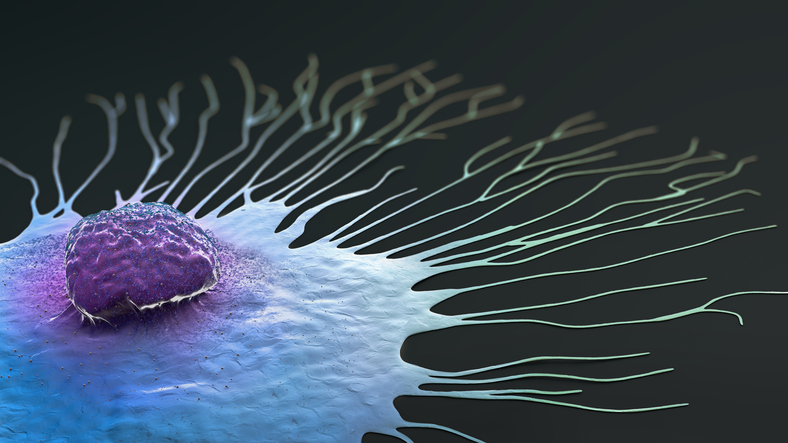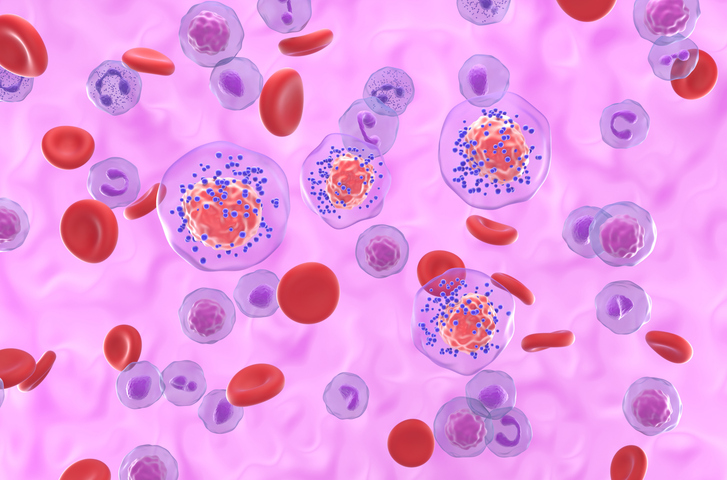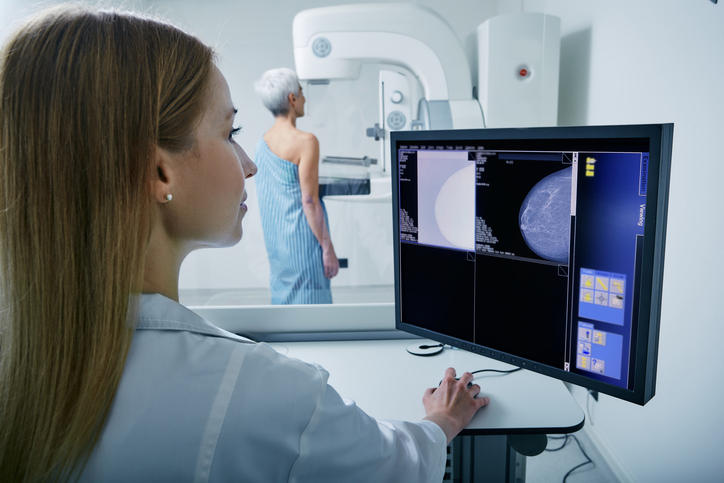
Recent research has identified correlations between the gut microbiota and increased odds of obesity, metabolic diseases, and inflammatory responses. However, there is less research on the gut microbiota in breast cancer patients.
“It is not known whether different breast cancer subtypes are associated with distinct microbial signatures. Several studies have also explored the role of breast tissue microbiome in modulating the risk of breast cancer,” the researchers wrote. “We are aware of one study that applied a pan-pathogen microarray (PathoChip) strategy on formalin fixed paraffin embedded samples of breast tissues to investigate microbial patterns by different breast cancer subtypes, but this study lacked information on tumor stage or grade or breast cancer risk factors.”
[do_widget id=mashup_multiwidget-32]
This study therefore sought to explore the correlation between gut microbiome with breast tumor receptor status, stage, and grade, as well as known breast cancer risk factors.
Thirty-seven breast cancer patients (average age, 50.6 years) were identified and provided fecal samples before undergoing chemotherapy. Patients were excluded if they had recurrent breast cancer, a history of other cancers (other than non-melanoma skin cancer), celiac disease, inflammatory bowel disease, bariatric surgery, pregnancy or nursing within past 12 months, past treatment with chemotherapy, antibiotic use (one week or more during the month prior to baseline fecal sample collection), or use of probiotic supplements or prednisone. The fecal samples were evaluated using 16S ribosomal RNA (rRNA) gene-based sequencing protocol. The researchers used the Wilcoxon rank sum test to test alpha diversity and specific taxa by tumor characteristics and breast cancer risk factors, as well as differential abundance analysis with a zero-inflated negative binomial regression model adjusting for total counts, age, and race/ethnicity.
Among the 37 patients, 73% were Hispanic, 54% were premenopausal, 21% were nulliparous, the mean age of menarche was 12.4, baseline body mass index (BMI) was 30.6 kg/m2, and total body fat (TBF) was 42.7%. The majority of patients had early stage (I/II) (n = 22, 59.5%), high grade (III) (n = 23, 62.2%), hormone receptor positive (ER+PR+) (n = 23, 62.2%), and HER2− breast cancer (n = 25, 67.6%).
Gut Microbiome and Disease Stage, Risk Factors
No significant alpha diversity or phyla differences were observed by estrogen/progesterone receptor status, tumor grade, stage, parity, and BMI. Women with HER2+, compared to HER2-, breast cancer had 12% to 23% lower alpha diversity, lower abundance of Firmicutes, and higher abundance of Bacteroidetes. Early menarche—defined as aged 11 years or older—compared to later menarche—defined as aged 12 years or older—was correlated with lower number of species, Chao 1 index, and lower abundance of Firmicutes. TBF >46%, compared to TBF ≤46%, was correlated with lower Chao 1 index. Additional significant taxa abundance differences by HER2 status, menarche age, and other tumor and breast cancer risk factors were also identified.
The study was published in Epidemiology.
“These findings warrant confirmation in studies with larger sample sizes of diverse racial/ethnic groups and with repeated sample collections to determine how microbiome are associated with breast cancer subtypes and specific risk factors,” concluded the authors.







 © 2025 Mashup Media, LLC, a Formedics Property. All Rights Reserved.
© 2025 Mashup Media, LLC, a Formedics Property. All Rights Reserved.